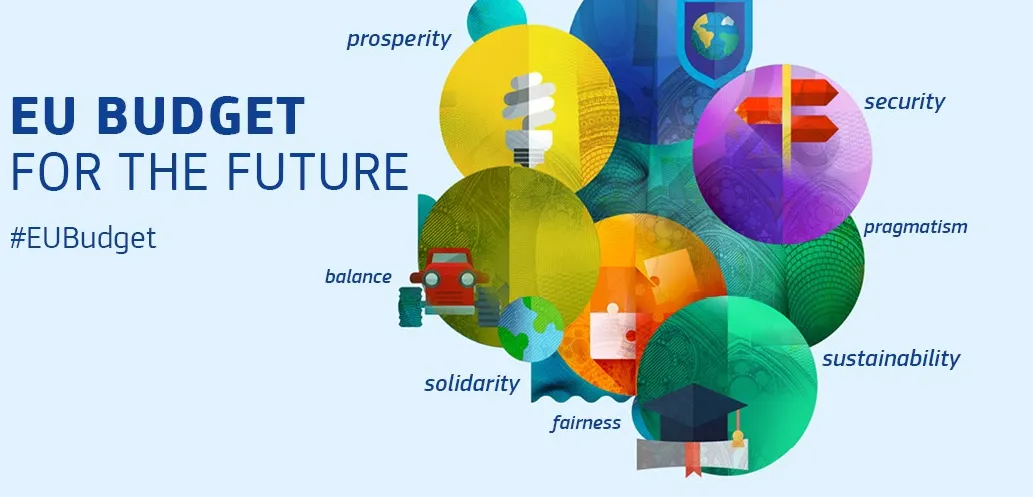Importance of democracy and democracy support in the EU Multi-annual Financial Framework

In Brussels, the European Commission has started the process of preparing for the next European Union (EU) Multi-annual Financial Framework (EU MFF 2021-2027) or simply called the EU Budget, with the release of its proposal for a,“budget for the future”1, on 02 May 2018. In accordance with the provisions of the Lisbon Treaty, the European Commission proposed, and the European Council and European Parliament approve the EU budget.
Since the adoption of the current EU External Action Instruments in the Multiannual Financial Framework (EU MFF 2014-2020), the international and EU policy frameworks have changed with the adoption of, inter alia, the 2030 Agenda for Sustainable Development, Paris Agreement on Climate Change, Addis Ababa Action Agenda, renewed EU-Africa Partnership, Global Strategy for the European Union’s Foreign and Security Policy, reviewed European Neighbourhood Policy, Consensus on Humanitarian Aid, and the new European Consensus on Development.
Key to the EU MFF 2021-2027 proposal of the European Commission is the merging of 12 existing External Action Instruments2 to create a single External Instrument3. This proposal was based on the over-arching objective to:
- Develop a fair and balanced package;
- Provide strong support to the EU’s existing and new priorities;
- Need for an intelligent combination of proportionate savings, redeployments within the EU budget and fresh resources (First MFF for the EU at 27); and
- Promote added value, enhanced performance, agility, flexibility and simplification.
Focusing on democracy and democracy support elements of the proposal of the European Commission, the Office of International IDEA to the European Union, European Partnership for Democracy (EPD), and the European Network of Political Foundations (ENoP) issued a, “Joint Statement on the importance of democracy and democracy support in the EU Multi-annual Financial Framework (MFF 2021-2027)”, in Brussels on 23 May 2018. See the link to the full statement.
In the Joint Statement the afore-mentioned institutions/organizations make the following recommendations to EU institutions for the EU MFF 2021-2027:
1. Increase the funding for the external action component of the current EU budget to reflect the importance of external relations on the long-term interests of the Union and its citizens.
2. Guarantee that all current operating modalities for external democracy support under the European Instrument for Democracy and Human Rights (EIDHR) are maintained and further improved.
3. Expand funding and ensure long-term financial commitment to external democracy support in line with the scope of current and emerging challenges.
4. Simplify and streamline the rules and procedures of external action instruments.
5. Ensure wide consultation, coordination and policy coherence among EU Institutions, EU Member States, and with democracy support actors.
In EU circles, it is hoped that the EU MFF 2021-2027 will be approved by the European Council and European Parliament before the assumption of a new EU institutional management cycle, which will start during the 2nd half of 2019. However, given initial reactions to the proposal of the European Commission, which also includes the increase of EU Member States’ contributions, and proposing a new mechanism to strengthen the link between EU funding and the rule of law, it might be difficult to achieve approval by mid-2019.
The Office of International IDEA to the European Union, in collaboration with partners, will continue to cooperate with EU institutions to support sustainable democracy in EU Member States and abroad. To this end, it will advocate for adequate funding levels for, and long-term commitments to democracy and democracy support in the next EU MFF 2021-2027. The inclusion of these provisions would also contribute to addressing EU internal and external challenges in line with the 2030 Agenda, strengthen the EU and build internal solidarity, increase the credibility of the EU as a global actor, and contribute to the improvement of democracy globally.




